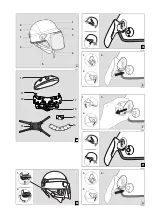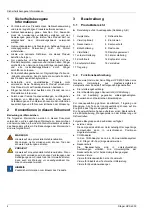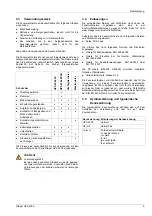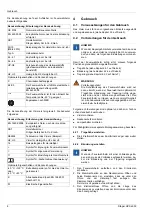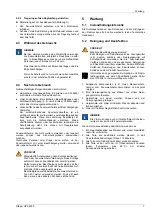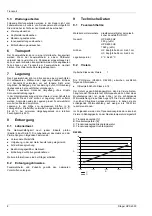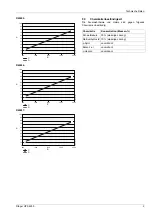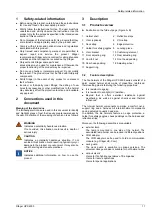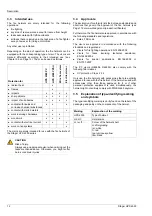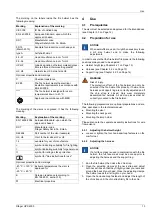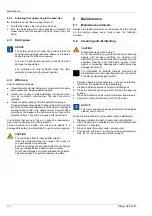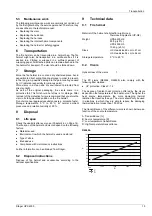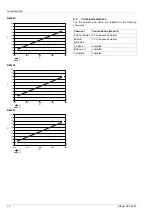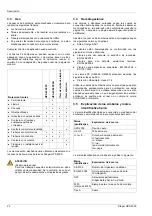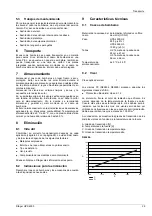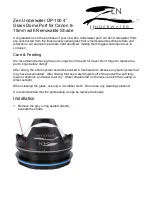
Transportation
Dräger HPS 4500
15
5.3
Maintenance work
The following maintenance works are normally not carried out
by the fire fighter but by the service personnel. Therefore, they
are described in the technical manual:
Replacing the visor
Replacing the head pad
Replacing the harness
Replacing the internal helmet components
Replacing the holder for safety goggles
6
Transportation
The fire helmet can be transported in a helmet bag. The fire
helmet might also be transported in a cardboard box if it is
packed in a PE-bag or wrapped in a sufficient amount of
wrapping paper. All attached parts can remain attached to the
fire helmet for transport. The visor should be folded down.
7
Storage
Store the fire helmet in a cool and dry sheltered place. Avoid
exposition to direct sunlight during storage in order to prevent,
in the long run, possible damage to the paint coating caused
by UV radiation (especially to luminous paint).
Store visors in a clean and dry environment protected from
direct sunlight.
As part of the original packaging, the visors come in a
protective foil. This foil should be left as is for storage. After
removal of the protective foil, we recommend that you store the
visor in its fully-mounted position on the fire helmet.
Do not store near aggressive substances (e.g. solvents, fuels).
Storage temperature 0 °C to 45 °C, at normal ambient
pressure and a relative humidity of 90 %.
8
Disposal
8.1
Life span
Check the usability after every use (Chapter 4.4 on Page 14).
The life span of the helmet and visors depend on the following
factors:
Materials used
Environment in which the helmet is used and stored
Type of strain
Intended use
Compliance with maintenance instructions
Further information can be obtained from Dräger.
8.2
Disposal instructions
Dispose of fire helmet and accessories according to the
national specifications.
9
Technical data
9.1
Fire helmet
9.2
Visors
The PC visors (R62494, R62495)
also comply with the
following filter classes:
UV protection: Class 2 -1.2
The degree of radiant heat protection offered by the visors
depends on the temperature of the heat source: The higher the
heat source temperature, the more damaging thermal
radiation that reaches the eye. The visors should only be used
in situations in which they are able to reduce the damaging
thermal radiation to less than 100 W/m
2
.
The transmittance of the different visors is shown below as a
function of the source temperature.
A: Transmittance [%]
B: Source temperature [K]
C: Low temperature transmittance
D: High temperature transmittance
R62494
:
Material of the helmet shell glasfibre-reinforced,
thermosetting plastic (UP-GF)
Weight
HPS 4500 H2:
995 g (±5 %)
HPS 4500 H3:
1060 g (±5 %)
Sizes
H2: Head size 48 cm to 61 cm
H3: Head size 56 cm to 64 cm
Storage temperature
0 °C to 45 °C
Optical class of the visors
1
00131242.eps
A
B
D
C
0
10
20
30
40
50
60
70
80
90
100
500
1000
2500
2000
1500



